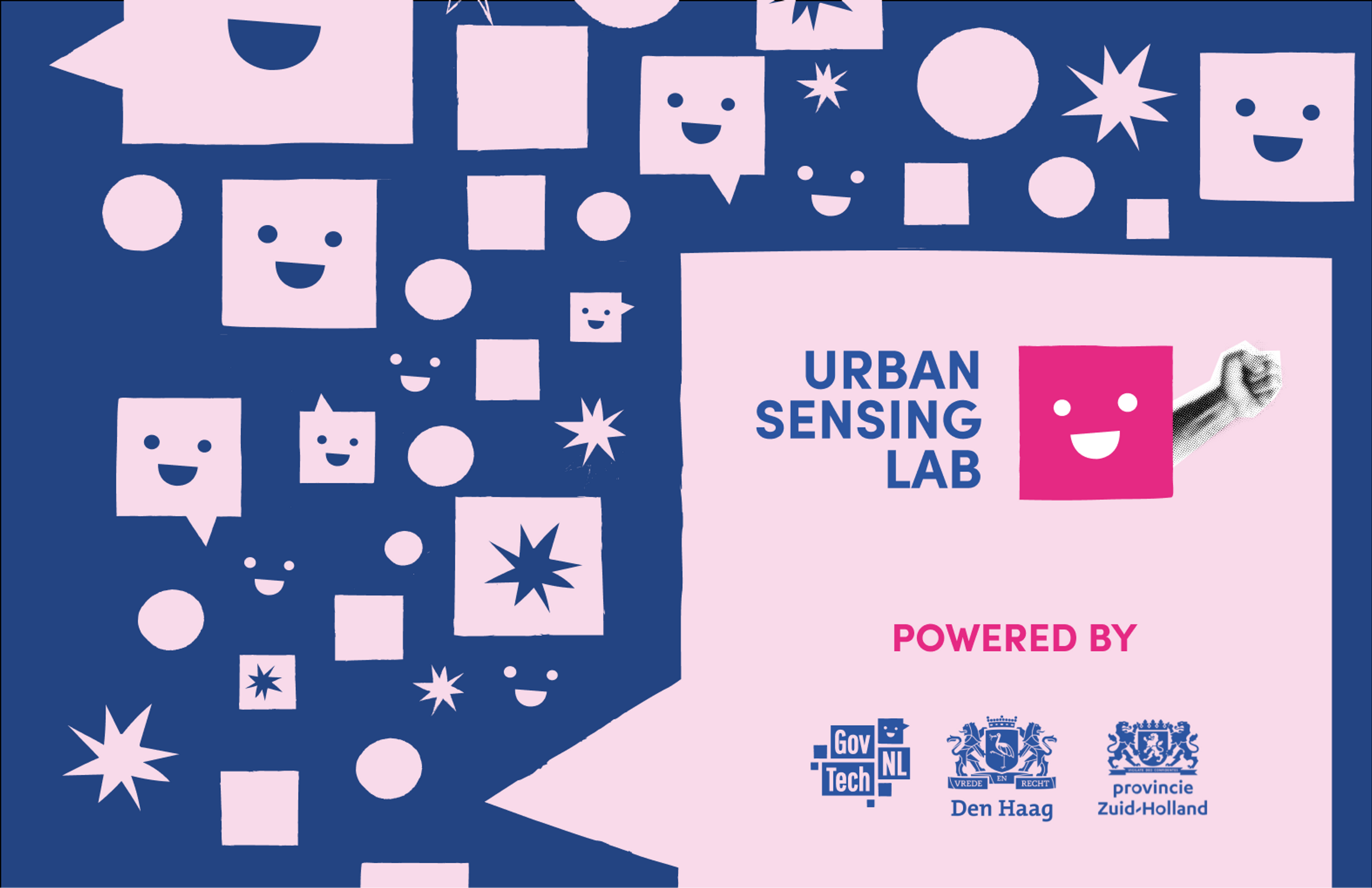
September 13, 2023
Navigating the financial landscape: loans, grants, and subsidies for impact-driven startups
#funding
#loans
#grants
#subsidies



Rebeka Bílik
Communications & Programme Manager
Share
Starting a business is always a challenging task, especially for impact-driven startups that aim to bring about positive social or environmental change while also being profitable. One of the biggest obstacles that these startups face is securing the necessary funding. However, there are several financial support options available, such as grants, loans, and subsidies. In this article, we will discuss the differences between these options and how they can help impact-driven startups achieve their mission of making a difference in the world.
Loans: Borrowing Capital for Business Growth
Loans are a common source of funding for impact-driven startups. They involve borrowing a specific amount of money from a lender, typically a bank or financial institution, with a promise to repay the principal amount along with interest over time. Here are some key aspects of loans for impact-driven startups:
Types of Loans: Startups can access various types of loans, such as traditional bank loans, microloans, or peer-to-peer lending platforms. Government-backed loans, like those from The Netherlands Enterprise Agency (RVO) in the Netherlands, are often available to support startups with favourable terms.
Interest Rates: Loans typically come with interest rates, which can be fixed or variable. The interest rate depends on factors like creditworthiness, collateral, and market conditions. Impact-driven startups may find it challenging to secure loans without a strong credit history or valuable assets to pledge.
Repayment Terms: Loan repayment terms can vary widely, from a few months to several years. Entrepreneurs must carefully assess their cash flow projections and ability to meet regular payments.
Advantages: Loans provide immediate capital injection, allowing startups to retain full ownership and control. They can be used flexibly for various business purposes, from product development to marketing.
Challenges: The obligation to repay loans can be a significant financial burden for startups, especially during the initial stages when revenue may be limited. Additionally, interest payments can add up over time, impacting profitability.
Grants: Non-Repayable Funding for Innovation
Grants are a form of financial support that does not require repayment. They are typically provided by governments, foundations, or philanthropic organizations to support projects or initiatives with a societal or environmental benefit. Here's what you need to know about grants for impact-driven startups:
Eligibility: Grants often target specific areas or industries aligned with the grant provider's mission. Impact-driven startups must closely match the grant's criteria to qualify. Competition for grants can be intense.
Purpose: Grants are usually earmarked for specific purposes, such as research and development, pilot projects, or scaling up existing initiatives. Startups must demonstrate how their work aligns with the grant's intended outcomes.
Reporting and Accountability: Grant recipients may be required to submit regular progress reports and demonstrate the impact of their work. Compliance with grant terms and conditions is essential.
Advantages: Grants offer non-dilutive funding, meaning startups don't have to give up equity or repay the money received. They can be a vital source of capital for early-stage impact-driven ventures.
Challenges: Finding and securing grants can be time-consuming, and competition is fierce. Additionally, grants often come with stringent reporting and compliance requirements.
Subsidies: Reducing Operating Costs
Subsidies are financial incentives provided by governments or other entities to reduce the cost of certain activities or promote specific industries. For impact-driven startups, subsidies can be a valuable form of support. Here are the key considerations:
Types of Subsidies: Subsidies can take various forms, such as tax incentives, reduced fees, or direct cash subsidies. They are often used to encourage environmentally friendly practices or stimulate economic growth in specific regions.
Eligibility Criteria: To determine eligibility, it is important to conduct thorough research into the available options. Factors such as the type of industry, location, and nature of the startup's activities can all play a role in finding potential options for subsidies.
Advantages: Subsidies can significantly reduce operating costs and improve the overall financial health of a startup. They can be particularly beneficial for impact-driven ventures involved in renewable energy, sustainable agriculture, or clean technology.
Challenges: Subsidies can be subject to changes in government policy and may not be a reliable long-term source of funding. Startups must stay informed about subsidy programs and plan accordingly.
Navigating the landscape with WorldStartup & EY
Securing funding for your impact-driven startup can be challenging, but it is an essential step towards success. To help you navigate this complex landscape, we invite you to join the Grants Track of the Funding Readiness Training. This comprehensive programme consists of two online workshops, a wealth of valuable resources, and an exclusive opportunity to schedule a one-on-one consultation with expert advisors. The programme is a collaboration between WorldStartup and Ernst & Young (EY).
Future trainings:
The Foundations by EY (Deadline: 17th of September)
Investor Track by EY (Deadline: 20th of November)
Crowdfunding Track by SEEDRS (Deadline: 20th of November)
Bootstrapping Track by Frank&TheBacks (Deadline: 4th of December)
Written By
WorldStartup

Share
More stories
Meet SPAIA: Protecting the tiny creatures that keep nature in balance
#basecamp
#biodiversity
#sustainability

A Story of Growth and Innovation: Rendair's Journey to Simplifying 3D Design
#basecamp
#architecture
#innovation

Business out of balance and how to restore it
#womeninventures
#post-growth
#masculine values
#feminine values

Green Habit: Revolutionising Sustainable Living with AI
#basecamp
#AI
#sustainability



